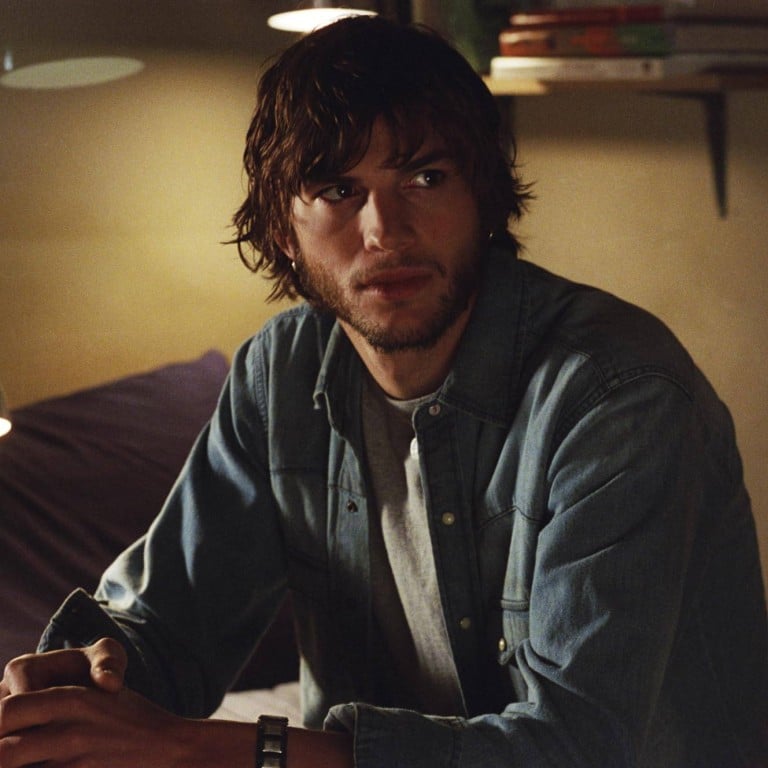
The Butterfly Effect at 20: how Ashton Kutcher-led 2004 film filled a void left by decent Hollywood horror movies
- Written and directed by Eric Bress and J. Mackye Gruber, The Butterfly Effect saw Ashton Kutcher able to change the future in moments of blackouts
- While it’s no masterpiece, there’s something about the film that stays with you – maybe the directors should give it another go
In the 2000s, the Hollywood horror film really lost its way, relying on torture porn and tired remakes instead of new ideas. So it’s no wonder original, horror-adjacent efforts such as The Butterfly Effect (2004) stood out from the crowd, even if history doesn’t quite remember it like that.
Released 20 years ago in January, the twisted time-travel flick combines an incredibly bleak outlook with exuberant, often goofy execution. It was written and directed by young filmmakers Eric Bress and J. Mackye Gruber, whose only notable credit was scripting the excellent Final Destination 2 (2003).
While nobody could call it a lost masterpiece, there’s something about The Butterfly Effect that stays with you. As Bress says on the DVD extras, “It goes places that no other films go”.
“The butterfly effect” is a type of chaos theory named after a plot element from Ray Bradbury’s 1952 short story A Sound of Thunder (itself filmed – terribly – in 2005). As the film’s opening text explains, “It has been said that something as small as the flutter of a butterfly’s wing can ultimately cause a typhoon halfway around the world.”
Evan Treborn (Ashton Kutcher) is a latchkey kid with an overworked mother (Melora Walters) and an institutionalised father (Callum Keith Rennie).
At times of high stress he experiences blackouts. Mostly these are connected to his friends: the damaged Kayleigh (Amy Smart), who he tries to protect, her troubled brother Tommy (William Lee Scott) and soft-touch pal Lenny (Elden Henson). Throughout the film they’re also played by other actors depending on how old they’re meant to be.
As 12 Years a Slave turns 10, how Oscar winner held white America to account
Aged seven, Kayleigh (Sarah Widdows) and Evan (Logan Lerman) are videoed semi-naked by her father (Eric Stoltz). As teenagers, the four kids (John Patrick Amedori, Irene Gorovaia, Jesse James and Kevin G. Schmidt) blow up a letter box with disastrous consequences. Later, the increasingly unhinged Tommy threatens to kill Evan’s dog.
It’s only when Evan gets to college that he realises the blackouts are moments that he can change the future. He just needs to read one of his journals to start the process – a striking special effect that sees everything in the frame vibrate, as if moved by invisible butterfly wings.
Evan’s unasked-for talent is echoed in his name – say Evan Treborn quickly and you get Event Reborn. The catch, of course, is that every time he changes something, there are unforeseen consequences. One outcome sees Evan sent to jail for murdering Tommy, another sees Kayleigh becoming a drug-addicted prostitute.
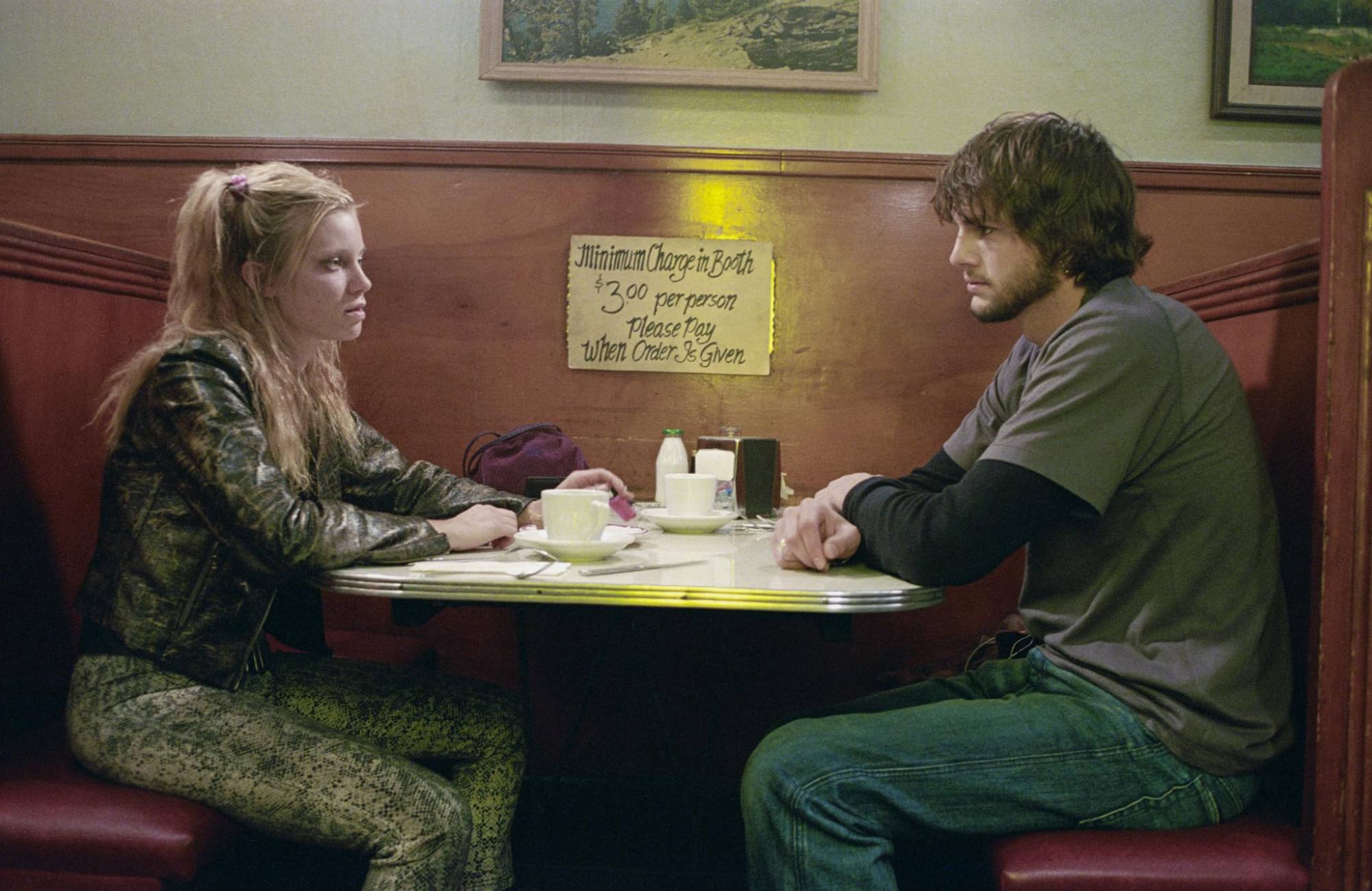
We’ve seen this plot device before in such diverse films as It’s a Wonderful Life (1946), Back to the Future (1985) and Primer (2004), but none of these have their hero calling an abuser “f**kbag”, or stabbing a prison tough guy in the groin.
The script was a personal favourite of the filmmakers, and they didn’t want anyone else to direct it. They certainly gave it everything they’ve got, which is both part of its appeal and one of its flaws.
Confusing, oddly paced and overstuffed with incident, The Butterfly Effect has so many plot holes there are entire articles devoted to the subject online. A major one concerns the sequence where Evan, trapped in prison with a religious cellmate, goes back to his childhood to give himself stigmata without changing anything else around him.
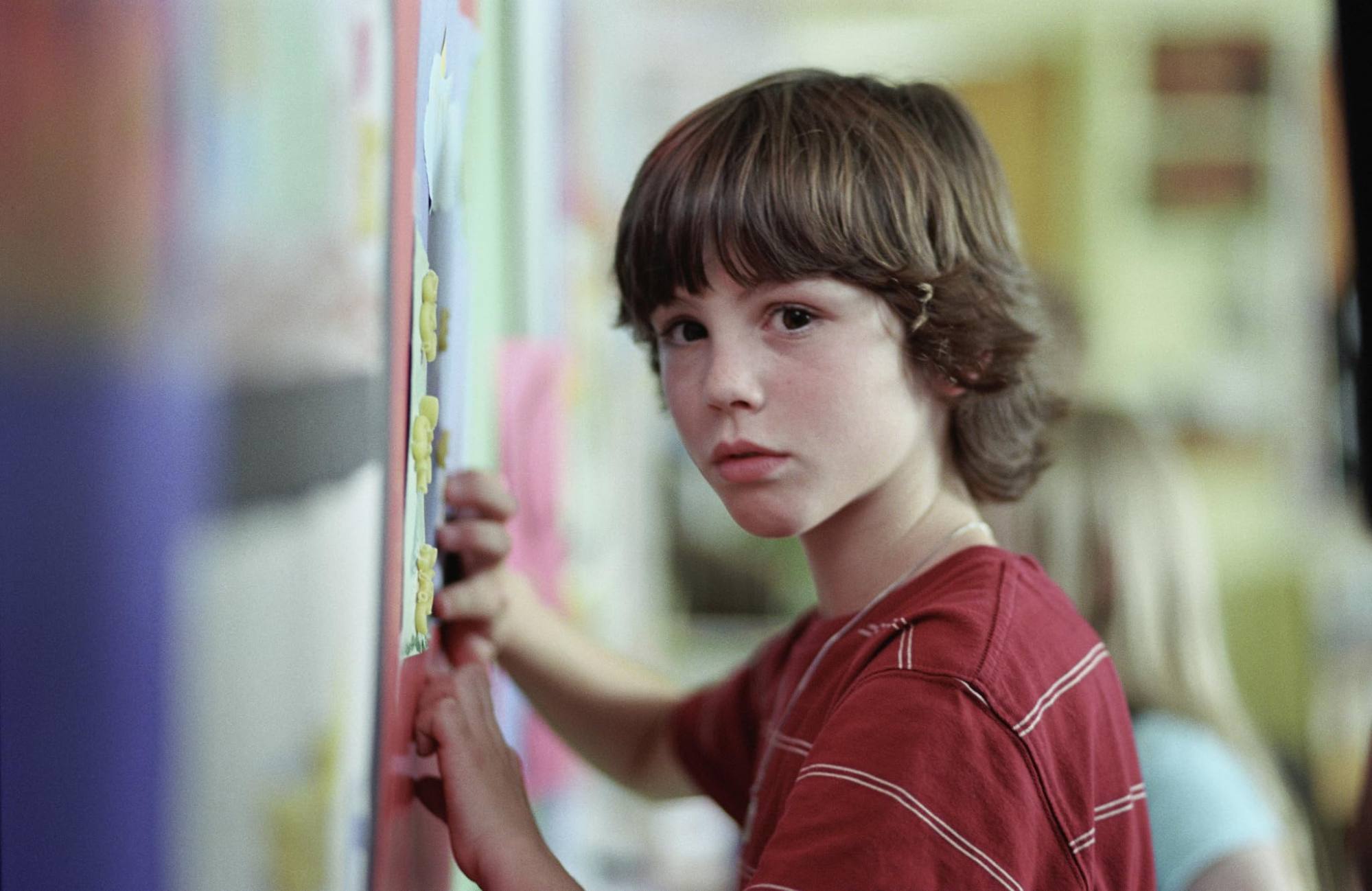
It also means the tone is wildly uneven, moving from grim scenes of child abuse to dayglo college high jinks. It would take some serious directorial dexterity to square these circles, and Bress and Gruber aren’t quite up to the job.
Kutcher, better known as a comic actor in television’s That ’70s Show, is similarly overstretched, and there are some truly terrible lines. “April 15,” young Evan writes in his journal. “Today I get to meet my father. His name is Jason and he’s crazy. I hope he lets me call him dad.”
But despite all this awkwardness, the film’s get-out-of-jail card is that it’s clearly in earnest. Evan’s blackouts tally with the dissociation experienced by real-life abuse victims. “Where did we all go?” he asks Kayleigh’s dad. “I was just somewhere else.”
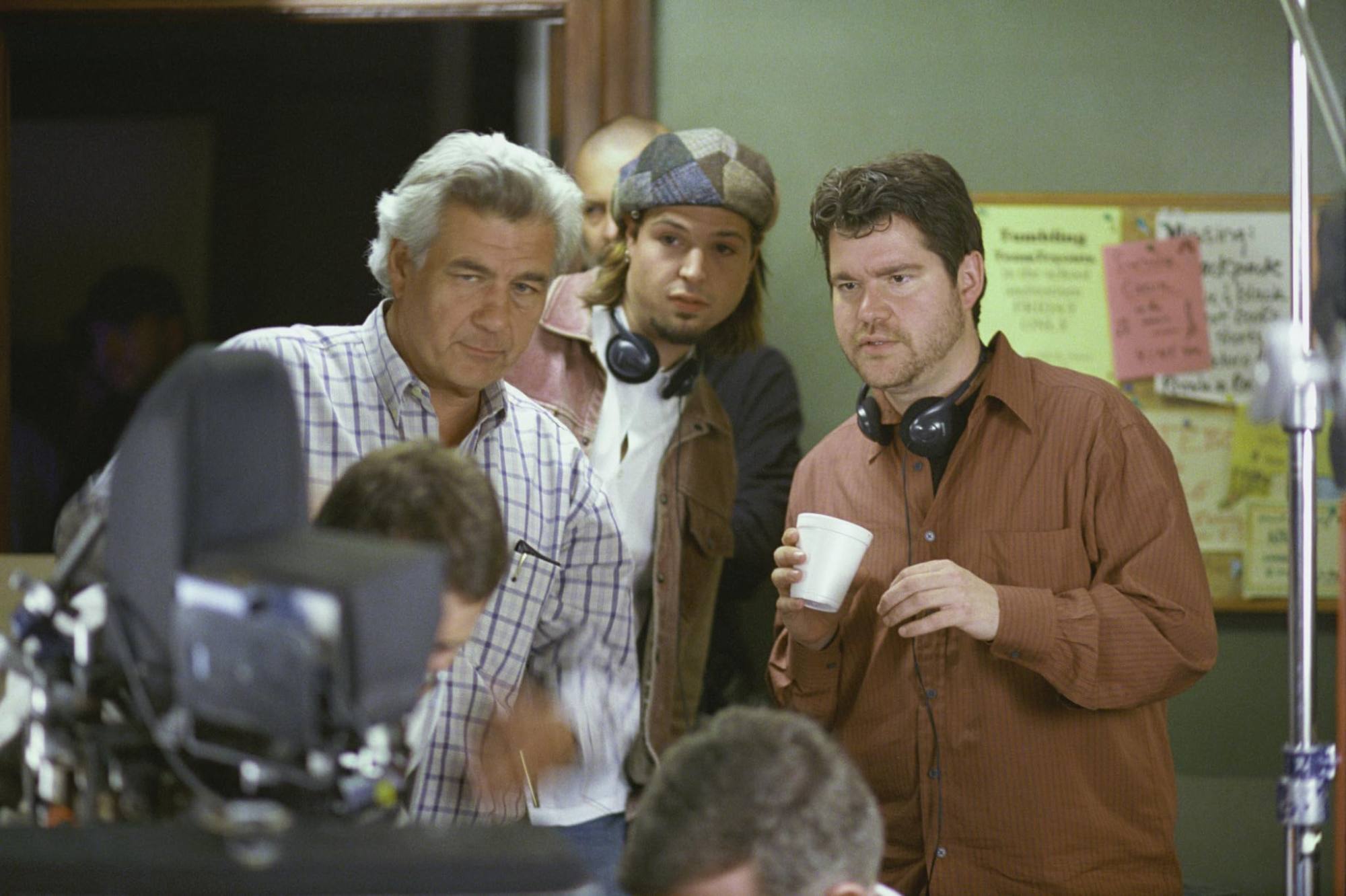
His time-travelling, meanwhile, can be seen as a metaphor for the return of repressed childhood memories in young adulthood.
This plotline seems to have been inspired by recovered-memory therapy, a controversial treatment that led to a number of court cases in late-1990s America. At the very least, Evan and his friends’ arcs suggest characters are cursed to relive their traumas in order to be free of them – a meaty subtext for a mainstream genre film.
There’s also something about the film’s panicky plotting that captures the intensity of being young and lost. Leaving aside the time-travel aspect, most of its darkest moments are horrors of the possible – mistreatment, banishment, violence – and when Kayleigh says, “Nothing’s all better, nothing ever gets better,” she speaks for disaffected youths everywhere.
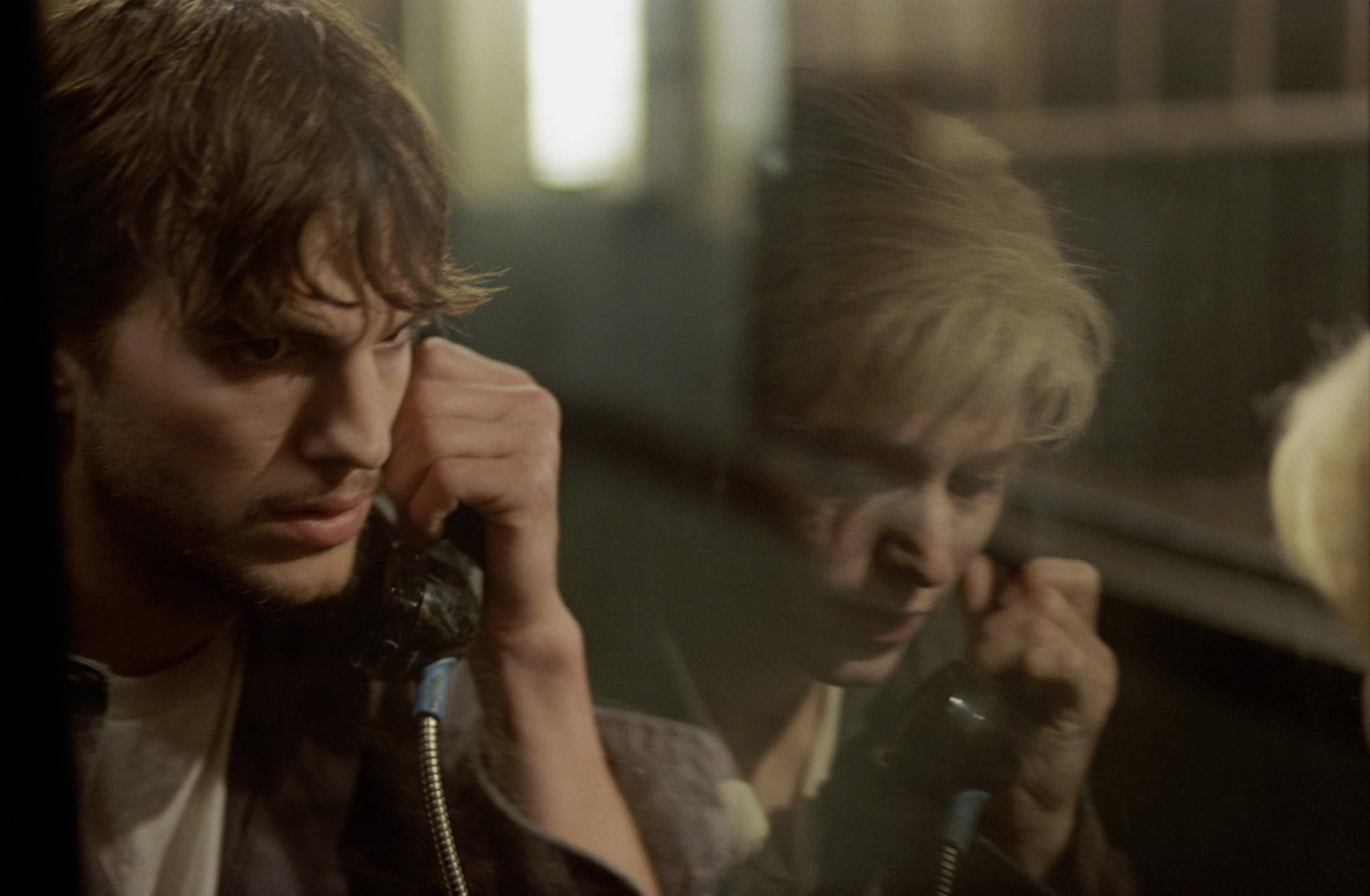
Even in the film’s sillier moments, you never know what’s going to happen. This explains why different versions of the film have different endings. While the theatrical release has a cautiously upbeat coda, the – far better – director’s cut is, appropriately, pitch black.
Though The Butterfly Effect was poorly reviewed, and spawned two poor, barely related sequels, it has since become a cult favourite and there is, undeniably, a great movie in there somewhere. Perhaps it’s time for Bress and Gruber to dig out their journals, head back to the start, and give it another go.

